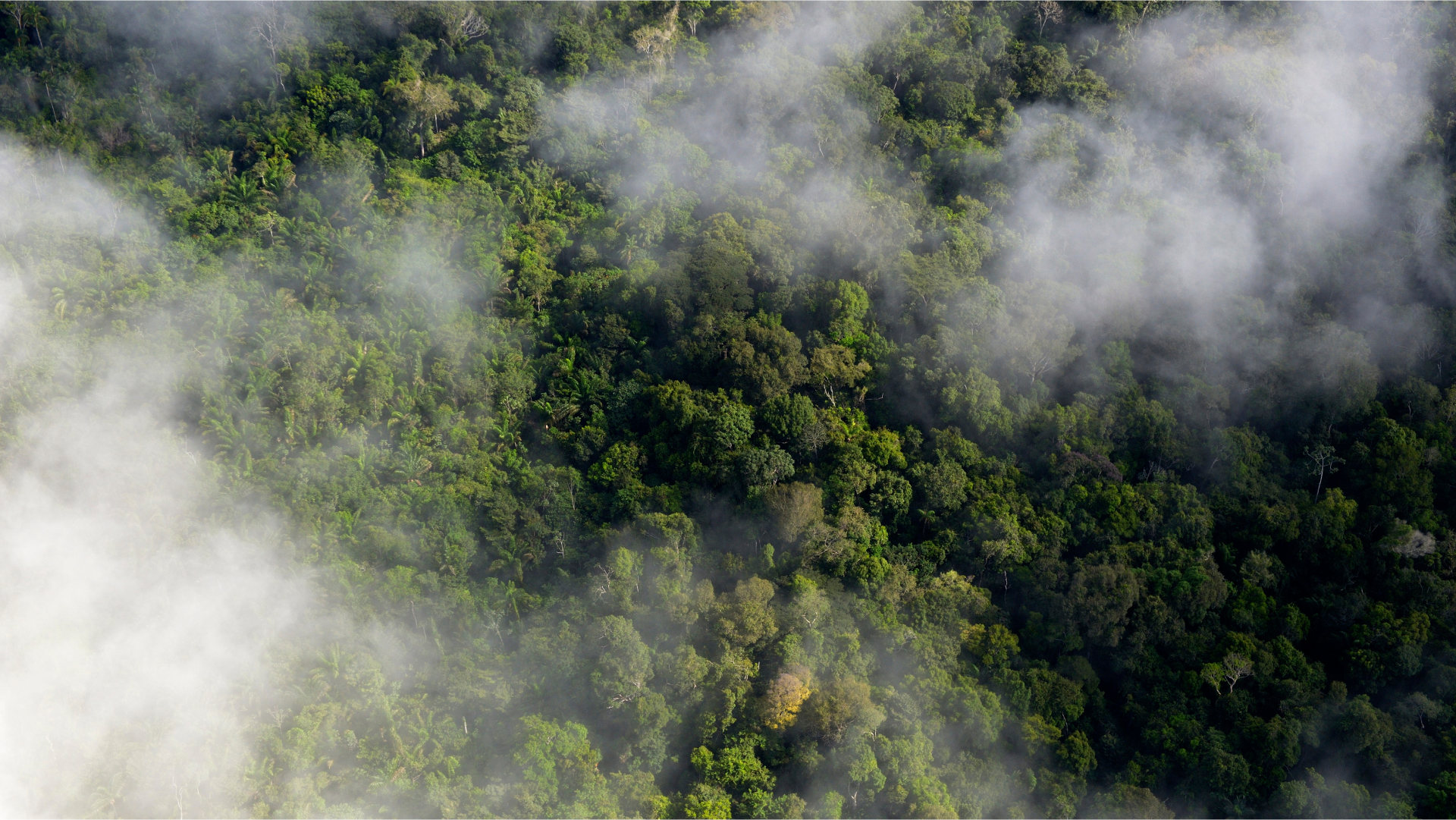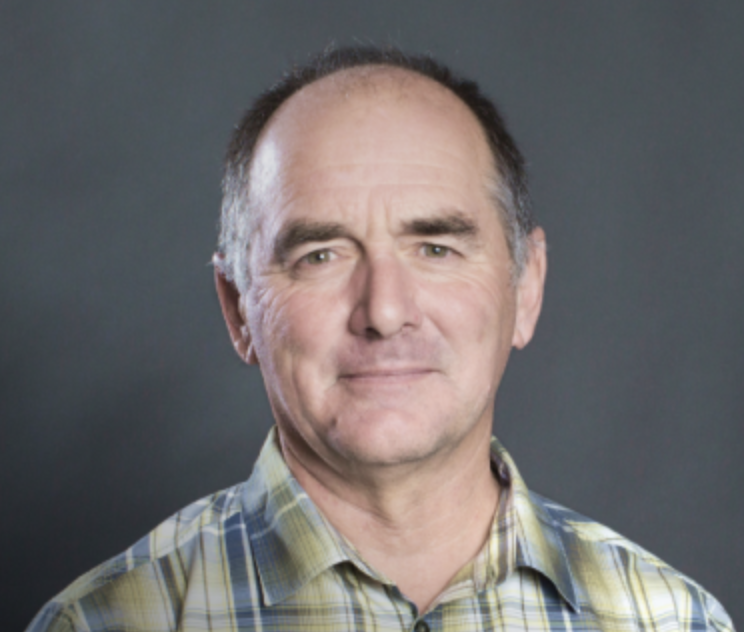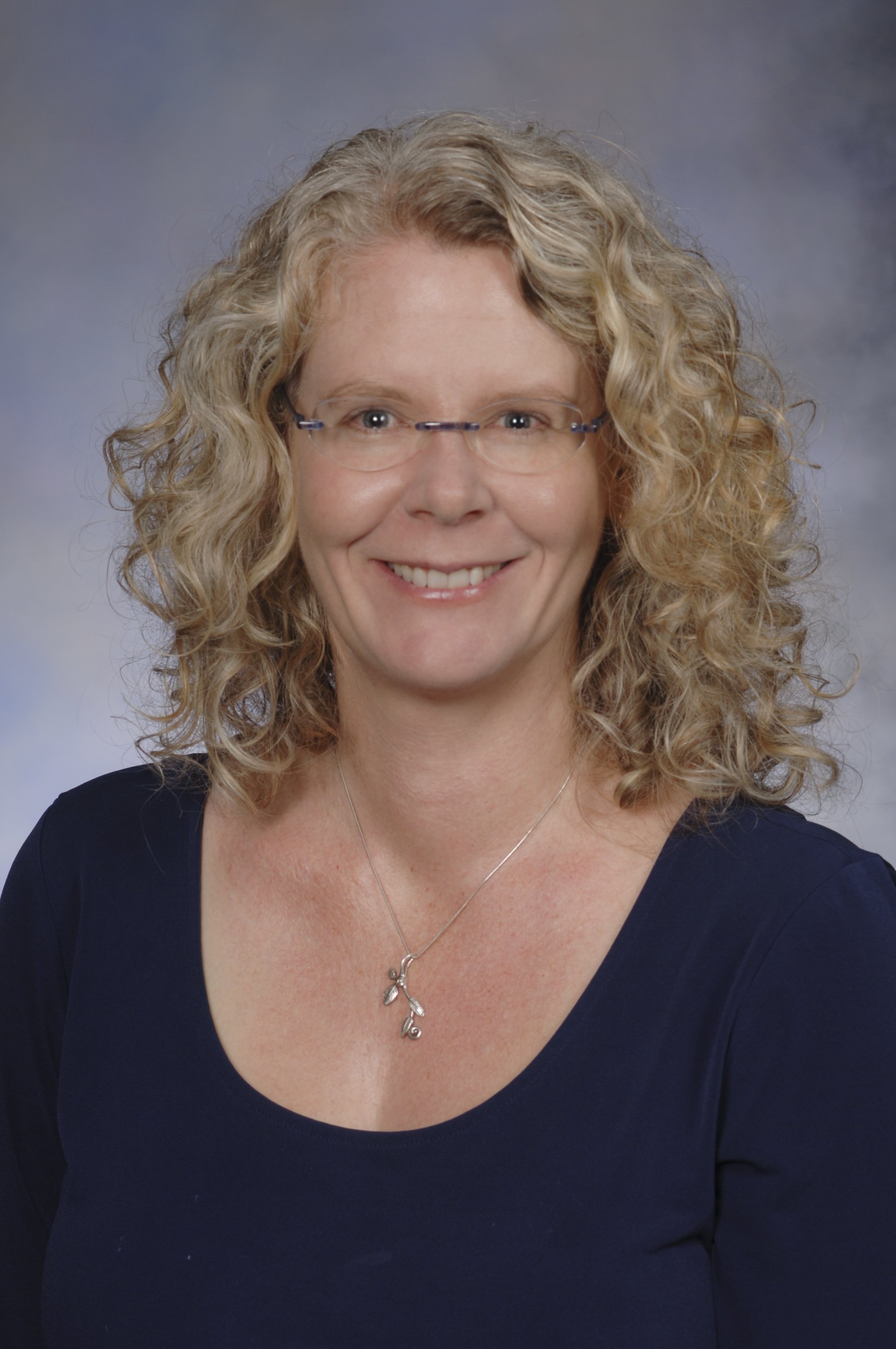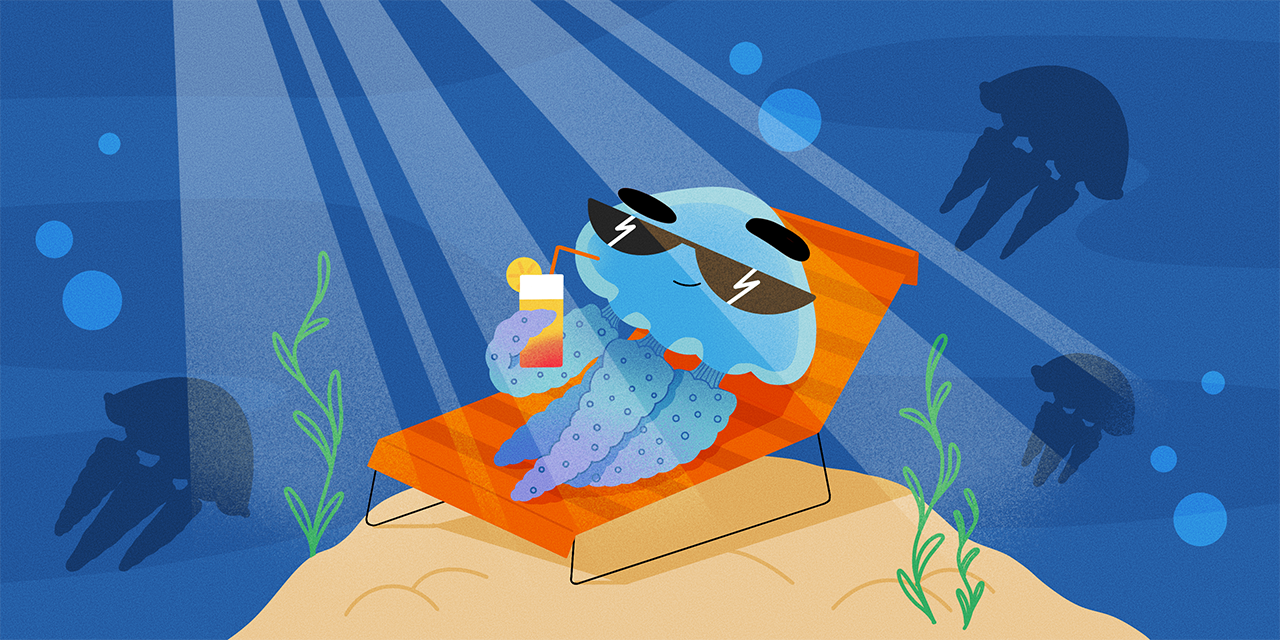Advocacy
We actively create strong links to bring the benefits of open science to more people

Influencing global thinking on open science
In November 2022, we formalized our long-standing partnership with the World Economic Forum (WEF) by becoming a platform partner.
As part of the new agreement, Frontiers joined the WEF’s Centre for New Society and Economy to share and promote evidence-based benefits of open science, and to influence global thinking on its positive impact on society.
“It is more important than ever to identify and promote innovative, cutting-edge thinking if we are to address economic, social, environmental, and technological challenges. Our exciting new partnership will feed valuable insights and expertise into global initiatives … to shape prosperous, resilient, and equitable economies and societies that create opportunity for all.”
Martina Szabo
Head of Knowledge Communities, World Economic Forum
Our policy outreach
Frontiers’ Policy Labs initiative seeks to strengthen the connection between robust scientific research and informed policymaking. We create a space where global experts and thought leaders can discuss and strengthen the dialogue between science and policy.
In August 2022 in a landmark move, the White House Office of Science and Technology Policy unveiled vital new policy guidance to make the results of publicly funded scientific research in the United States immediately free to access and available to all.
Updated public access policies will be fully implemented by the end of 2025, which means all federally funded research in the US will be open by 2026.
We asked some leading experts to share their reactions to the Nelson memo – the signal it sends, its likely impact, and the challenges facing its delivery.
Read their thoughts here ›
Frontiers Forum
Where visionary thinkers discuss science-led solutions for healthy lives on a healthy planet

A year of transformational science
The Frontiers Forum brings together researchers, policymakers, and other experts from around the world to explore the latest data and fresh perspectives for addressing the greatest challenges of our time.
Since 2020, our Forum has taken a virtual format, allowing researchers from all around the world to join and discuss – whatever their location and time zone.
In 2022, we welcomed four visionary keynote speakers and 12 expert contributors for virtual discussions on science-led solutions to the greatest challenges of our time.
More than 15,000 attendees joined in real-time, and the videos have been viewed more than 5 million times.
In 2022, the speakers and panelists included a Nobel prize winner as well as representatives from the World Health Organization, African Academy of Sciences, and leading conservation organizations.
The CRISPR health revolution
Nobel prize winner Prof Doudna explained how CRISPR-based therapies are already transforming the lives of patients with previously limited treatment options. She also gave her vision for how her serendipitous discovery will revolutionize healthcare for us all.
KEYNOTE
PANELISTS
Prof Jennifer Doudna
Professor of Biochemistry, Biophysics and Structural Biology, University of California, Berkeley, USA
Prof Andrea Crisanti
Professor of Molecular Parasitology, Imperial College London, UK
Prof Françoise Baylis
University Research Professor, Dalhousie University, USA
Dr Soumya Swaminathan
Chief Scientist, World Health Organization, Switzerland
Extinguishing the wildfire crisis
Prof Adams outlined the latest science on wildfires, including how we can move from the current focus on fire suppression, to science-based solutions adapted to local ecosystems, cultures, and communities.
KEYNOTE
Prof Mark Adams
Professor of Bioscience and Innovation, Swinburne University of Technology, Australia
PANELISTS
Prof Michelle Mack
Professor of Ecosystem Ecology, Northern Arizona University, USA
Doreen Robinson
Head of Biodiversity and Land, UN Environment Program, Kenya
Sunita Narain
Director General, Center for Science and Environment, India
A safe and just future within planetary boundaries
Globally renowned earth scientist Prof Johan Rockström, who pioneered the planetary boundaries framework, presented new data on the status of these boundaries and critical Earth system tipping points.
KEYNOTE
PANELISTS
Prof Johan Rockström
Director, Potsdam Institute for Climate Impact Research, Germany
Prof Peng Gong
Professor of Global Sustainability, University of Hong Kong, Hong Kong SAR
Prof Felix Dapare Dakora
African Academy of Sciences, Kenya
Prof Phoebe Koundouri
Athens University of Economics and Business, Greece
Coral reefs: from climate victims to survivors
Top-cited coral expert Prof Ove Hoegh-Guldberg, who was among the first to sound the alarm of the threat posed by ocean warming and acidification to marine ecosystems, gave an update on coral reef health globally and an outlook for the future.
KEYNOTE
PANELISTS
Prof Ove Hoegh-Guldberg
Professor of Marine Studies, University of Queensland, Australia
Prof Maoz Fine
Professor, Hebrew University of Jerusalem, Israel
Lisa Carne
Director and Founder, Fragments of Hope, Belize
Dr Nancy Knowlton
Sant Chair in Marine Science Emerita, Smithsonian National Museum of Natural History, USA
Frontiers for Young Minds
Engaging the next generation of researchers

Award-winning outreach
Frontiers for Young Minds is our unique outreach program, involving young people aged 8-15 as peer reviewers of scientific articles. The journal has become a global leader, recognized as a Science Engagement Winner at the Falling Walls Science Summit 2022.
Fully and freely accessible online, we publish in English (supported by the Frontiers Research Foundation and on key projects by the Jacobs Foundation), Hebrew (supported by the Sami Sagol Foundation) and Arabic (supported by the King Abdullah University of Science and Technology). We’re due to add Mandarin Chinese and French to our portfolio in 2023.
6,100 young reviewers
805 mentors
1,115 total articles
31,244,567 total article views and downloads
2022 highlights
-

Replacing Animal Testing: How and When?
Thomas Hartung
When we started using small animals such as mice and rats for testing more than 100 years ago, there were not many alternatives. Today, we have more knowledge and a greater number of options.
-

The Solar Eclipse That Validated Einstein’s Theory of Relativity
Hanoch Gutfreund
The year 1905 was one of the most productive years in the scientific career of the Jewish-German physicist Albert Einstein. That year, he formulated the theory of special relativity.
-

How Scientists Forecast Volcanic Eruptions
Valerio Acocella
Volcanic eruptions are impressive demonstrations of the activity of our planet. While some eruptions may be safely observed from distance, many eruptions may be hazardous to the populations and the environment.
-

Are Noisy Hospitals Making Us Sick?
Georgios Chatzilampri
Frank StevensStudies show that people trying to recover need peace and quiet. But despite all the “quiet please” signs, noise in hospitals is one of the main reason patients cannot sleep, besides physical pain.
Frontiers for Young Minds Nobel Collection
Our innovative Nobel Collection continues to attract today's most distinguished scientists to connect with our young minds community, adding five new publications in 2022 - bringing the total to 10 Laureate authors featured in the first volume. The Nobel Collection, as a key initiative of Frontiers for Young Minds, has been featured in the Washington Post.
-

Sparks in the Brain: The Story of Ion Channels and Nerve Cells
Bert Sakmann
Understanding the communication between nerve cells in the brain is key to understanding how the brain works. Let us dive together into the electrifying world of nerve cell communication. This article explores the discovery of ion channels, which paved the way to understanding the origin of electrical activity in the brain, and other organs like the heart.
-

How Do We Find Our Way? Grid Cells in the Brain
May-Britt Moser
Getting from one place to another is one of the most fundamental and vital skills in the animal kingdom, and for humans. This article outlines some of the main components of this internal navigation system, focusing on the grid cells - an amazing and surprising group of nerve cells that create a coordinate system in the brain.
-

Human Riddles in Behavioral Economics
Daniel Kahneman
Human behavior is a diverse, complex, and highly interesting phenomenon. This article explores the main findings of prospect theory, which explains human choices in situations that involve gambling. Professor Daniel Kahneman shares important insights from his career and explains why happiness has two faces.
-

Quasi-Crystal, Not Quasi-Scientist
Dan Shechtman
Crystals are solid materials with building blocks - atoms, ions, or molecules - that are arranged in a highly organized manner, often in a repeating pattern. In special crystals called quasi-crystals, these blocks are oranized in a non-repeating manner. Some of these quasi-crystals have unique physical properties and are useful for a variety of applications.
-

Computer Simulations in Service of Biology
Michael Levitt
Computer simulation is an important research tool in today's scientific world. You could think of these simulations as a computer game, in which a virtual world is created that works according to certain rules. This article explains how computer simulations are used in the world of structural biology to study the structure and function of molecules.






























